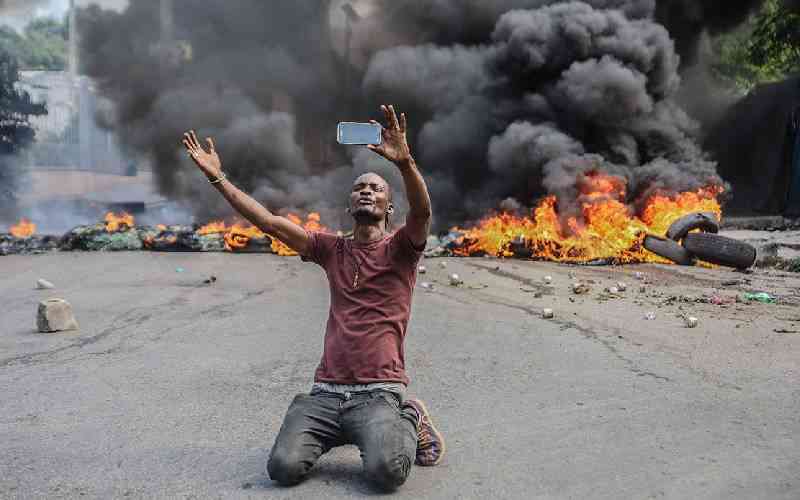×
The Standard e-Paper
Kenya’s Boldest Voice

Haiti's transitional ruling council which is leading the violence-wracked Caribbean nation will rotate its leadership every five months according to a decree seen by AFP Friday, following internal political strife among its members.
The new council came to power last month as Haiti's unpopular and unelected prime minister Ariel Henry submitted his formal resignation after armed gangs rose up and demanded his ouster.






